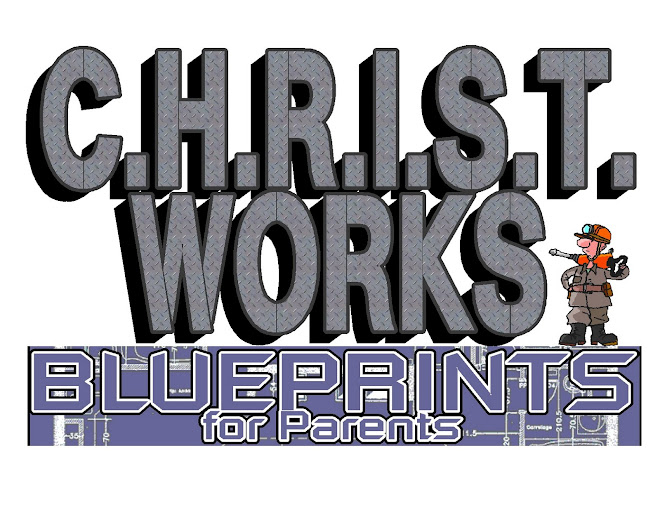After watching a very disturbing video on a news channel of a group of Jr. High kids bullying a senior bus monitor using profanity and abusive terms for 10 minutes straight unrelenting even through her tears, I thought this article would be a very appropriate article. Besides what I just watched, I've seen so many pathetic examples of verbal abuse of little children in my own neighborhood and dealt with school kids who use such foul language and think nothing of it. For too long, too many people have overlooked language as just extra words with no real meaning, but more and more we are realizing too late that poor language use leads to mean actions and eventually barbaric behavior. We've got to do better even on the "little" things. So here are some age-appropriate tips. - Pastor Kevin
Hear No Evil -- Ages 2 to 5
You can be sure that if children this age hear any word often enough, it'll become part of their vocabulary -- regardless of whether they understand its meaning. The same is true of racial slurs and obscene gestures. Preschoolers don't use profanity for its shock value; they simply repeat what they hear. I know a parent who withdrew his preschooler from Sunday school, fearing the child would repeat in church what she heard at home.
Parents, older children, and other people are a child's main source of inappropriate words and gestures. Movies, television, and popular music also provide exposure. How are we to apply the brakes?
The obvious remedy is to prevent exposure, but that's an increasingly difficult task for parents and teachers. When a young child uses profanity or obscene gestures, don't react in shock and anger. Calmly explain that the word or gesture can hurt others' feelings. If the behavior persists, separate the child from the rest of the group; then discuss the incident with the child's parent.
Speak No Evil --
Ages 6 to 9
Children this age are old enough to understand that the use of profanity insults the speaker and the listener. For example, when we misuse God's name, we insult God. Sadly, misusing God's name is so common that it's rarely recognized as breaking a commandment. To help children learn to verbally honor God, explain that praising God or calling on God in times of need are acceptable examples of how to use God's name. Tell children that using God's name inappropriately is disrespectful to God.
Children this age can also become confused about words that have both an obscene and an appropriate application. A smirking youngster recently brought my attention to a "bad" book in which the word "ass" appeared. The reference was to a donkey; the book was the Bible. Explain to children that words are "bad" whenever they're used to hurt others or to take God's name in vain.
Repeat No Evil --
Ages 10 to 12
To kids this age, the ability to shock adults is considered a talent. Preteens use profanity to get a reaction from adults and to impress their friends. And often it only takes one child in a group to get the ball rolling. Without intervention, preteens will pick up bad language to fit in rather than be considered an outsider.
Without appearing shocked by what you've seen or heard, let kids know that the use of profane language or obscene gestures in your class, club, or home isn't acceptable or allowed. Preteens think this type of behavior is clever and sophisticated. In reality, it's dishonoring to God and bad for them (Matthew 15:11).
Sometimes a preteen may use an obscene word, unaware of its meaning. I still remember a sixth-grade girl's embarrassment when my wife took her aside and quietly explained the definition of a term she had used freely without knowing its real meaning.
Teaching preteens discernment will help them censor their language. Examine the content of popular media influences (music, television, and videos) and suggest appealing, less offensive options for kids. You can't blindfold and gag preteens, but you can help them develop a preference for what's "pure and lovely" (Philippians 4:8).
Robert Choun Jr. is a curriculum consultant and a children and youth coordinator in Arlington, Texas. Please keep in mind that phone numbers, addresses, and prices are subject to change.
Excerpted from Children's Ministry Magazine.









.JPG)